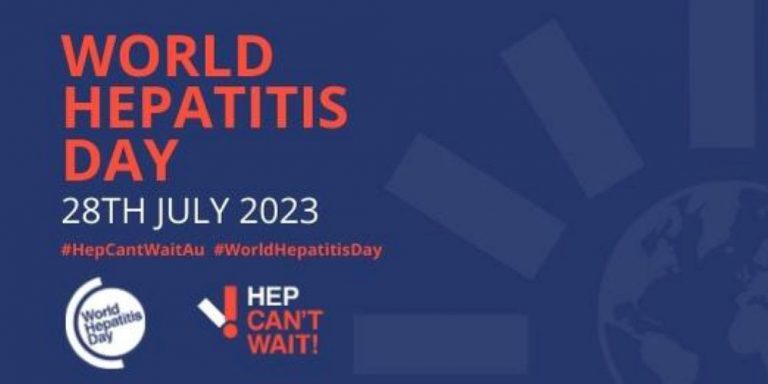
Each year brings about 150000 new cases. The majority of people catch this infection in healthcare settings without being aware of it
By Dr. Mohammad Masood Khoso
World Hepatitis Day takes place every year on 28 July bringing the world together under a single theme to raise awareness of global burden of viral Hepatitis and to influence to change and get rid of. The theme of 2023 is ‘we are not waiting’. We call on people around World to take action because Hepatitis can’t wait.
We are not waiting is call for action in 2023 to accelerate the elimination of viral Hepatitis and urgent need for testing and treating of patients. We observe this day as a demand for more action.
In Pakistan, we bear 80% of disease burden and almost 12 million people are suffering from Hepatitis B and C. Each year brings about 150000 new cases. The majority of people catch this infection in healthcare settings without being aware of it. The disease is called Silent Killer until diagnosed or treated.
Major Risk factors for transmission of Hepatitis B and C include therapeutic injections, reuse of syringes, surgery, improper sterilization of medical devices, unscreened blood transfusion, sharing of razors from barbers, dental practices, tattooing, ear nose piercing, unsafe sexual practices, improper hemodialysis centers and vertical transmission from infected Hepatitis B mother to child. There are also reported cases of Hepatitis B and C from Injection Drug Users and Thalassemia patients.
The disease is called Silent Killer until diagnosed or treated.
Previous estimates suggest Pakistan has second highest burden of HCV with 9.8 million living with HCV globally. The national burden of HBV was 2.5 percent in 2008 which increased to 5 percent from 2015 to 2018.
Hepatitis D virus HDV Delta is defective RNA virus that can infect only individuals who have Hepatitis B virus which act as carrier host. Studies in Pakistan have shown that prevalence rate of HDV is 4.8 to 14 % and it is increasing.
A Survey was jointly conducted by Sindh Health Department and WHO Pakistan from 2019 to 2020 where data was gathered from 1153 household in 29 Districts. Over 6000 were screened for Hepatitis B, C and HIV. Comparative analysis of 12 Districts showed that Sukkur was the only District where prevalence of Hepatitis B had increased from 1.4 % to 4.6%. There was an overall increase in prevalence of Hepatitis C in same period with the Districts of Sanghar, Mirpurkhas, Shikarpur, Jacobabad, Khairpur, Sukkur and Thatta showing very high prevalence.
Key Challenges for effective national response include limited timely and reliable data availability on coverage and quality of essential Hepatitis services, unnecessary injection practices, effective sharp and waste management, and unregulated blood transfusions in general and inadequate screening and low coverage of harm reduction services for persons who inject drugs PWID. So update the National Strategic Framework for next period of implementation. Improve Surveillance of Viral Hepatitis B and C by updating case definitions. Increase Hepatitis B Birth dose vaccination. Increase HCV testing and treatment by building on early micro elimination programs, engaging with community base organizations.
As the Theme is ‘we are not waiting’ so the people living with Viral Hepatitis unaware can’t wait for testing and the people living with Hepatitis can’t wait for life saving treatments.
Expectant mothers can’t wait for Hepatitis screening and treatment. Newborn babies can’t wait for birth dose vaccination.
Decision makers can’t wait and must act to make Hepatitis elimination through political will and funding.
_________________
 Dr. Mohammad Masood Khoso is Assistant Professor Gastroenterology at Jinnah Post Graduate Medical Center (JPMC) Karachi
Dr. Mohammad Masood Khoso is Assistant Professor Gastroenterology at Jinnah Post Graduate Medical Center (JPMC) Karachi